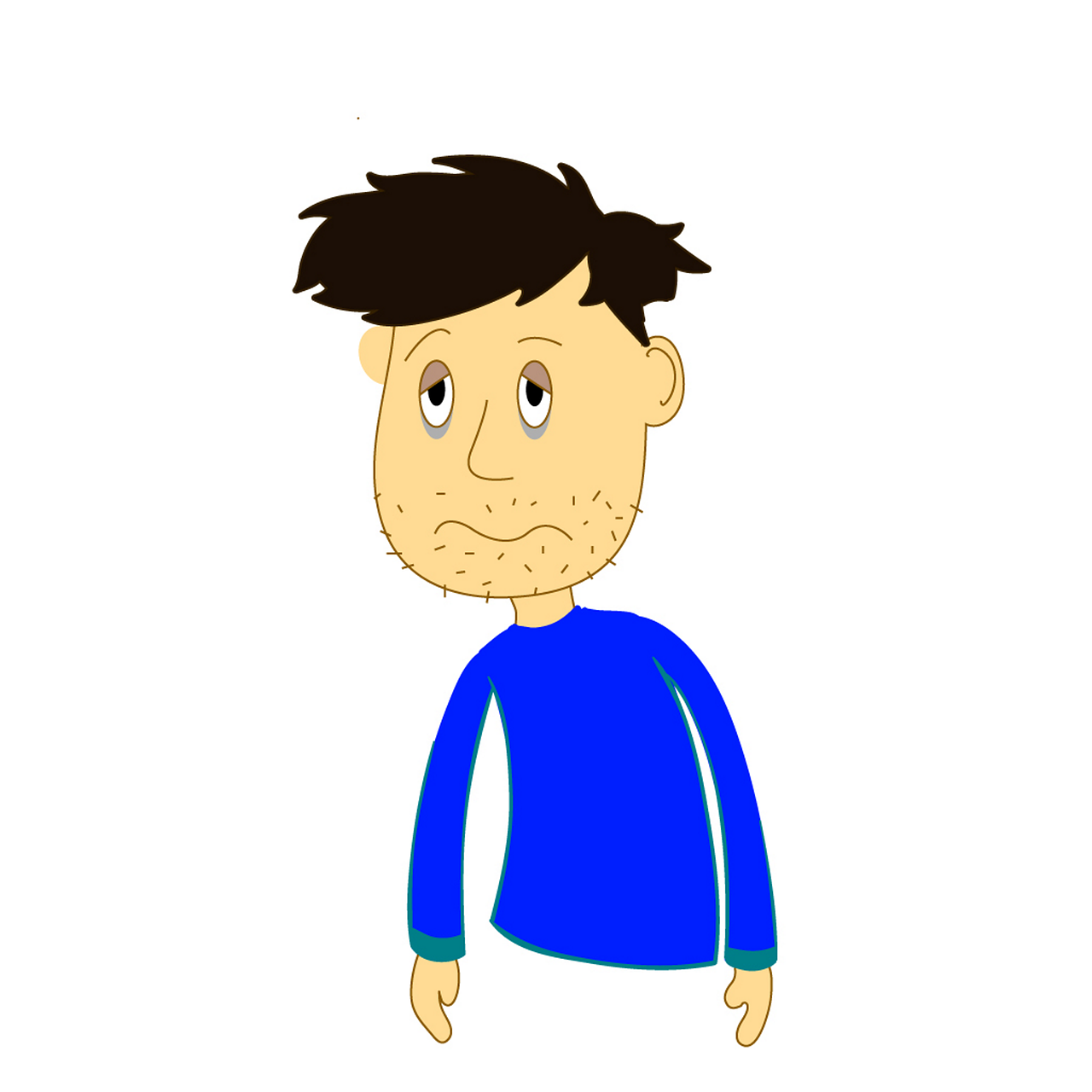Developing tolerance to habit
The current theory of addiction postulates that dopamine controls the brain’s reward-related learning system by interacting with glutamate, another hormone. Due to the way this system associates behaviors necessary for human survival (like eating and having sex) with joy and reward, it is crucial to the maintenance of life.
The brain’s reward network contains regions associated with motivation, memory, and pleasure. The same circuit is stimulated by addictive drugs and behaviours, which leads to an overload.
The nucleus accumbens and the prefrontal cortex (the part of the brain responsible for planning and carrying out tasks) communicate through nerve cells in a way that couples liking something with wanting it, which in turn motivates us to go after it when exposed repeatedly to an addictive substance or behaviour. In other words, this process encourages us to act in order to find the source of joy.
The sought-after substance or action actually becomes less pleasurable as a result of the brain’s gradual adaptation.
In nature, the only way to get a reward is to put in the time and work. Drugs and behaviors that are addictive offer a quick cut by oversupplying the brain with dopamine and other neurotransmitters. There is no simple method for our brains to withstand the assault.
For instance, addictive substances can more rapidly and consistently release two to ten times the amount of dopamine that natural rewards do. The brain receptors of an addicted individual are overloaded. The brain adjusts in a manner akin to turning down a loudspeaker when the level gets too high by either producing less dopamine or by eradicating dopamine receptors.
Dopamine’s effect on the reward centre of the brain has decreased as a consequence of these adaptations. People who become addicted typically discover that the desired drug eventually stops providing them with as much pleasure. Tolerance is the result of their minds adapting, which means they need to consume more of it to experience the same dopamine “high”.
Compulsiveness to habit
Researchers once thought that people would continue to seek out addictive substances or behaviours just for the feeling of pleasure. However, more recent studies contend that there are more variables at play. Dopamine plays a role in memory and learning, two processes that are essential in the transformation from liking something to becoming addicted to it. It also adds to the feeling of pleasure.
The current theory of addiction postulates that dopamine controls the brain’s reward-related learning system by interacting with glutamate, another hormone. Due to the way this system associates behaviours necessary for human survival (like eating and having sex) with joy and reward, it is crucial to the maintenance of life.
The brain’s reward network contains regions associated with motivation, memory, and pleasure. The same circuit is stimulated by addictive drugs and behaviors, which leads to an overload.
The nucleus accumbens and the prefrontal cortex (the part of the brain responsible for planning and carrying out tasks) communicate through nerve cells in a way that couples liking something with wanting it, which in turn motivates us to go after it when exposed repeatedly to an addictive substance or behaviour. In other words, this process encourages us to act in order to find the source of joy.
Are you an Addict?
Apart from the obvious the types addictions that we are all know. There are other subtle forms of addictions such as talking about oneself, uncontrolled movie watching, consuming a particular food frequently, taking pictures of one self, yes, taking pictures of yourself; some people just stop photo bursting themselves and this is what happened to Narcissus. If you find yourself taking too much about yourself in conversations then you need to develop a listening habit otherwise you might say things you are supposed to. Others become addicted to movies that when there is something important to work on they spend their time watching movies than doing the chore. Food addictions; I am not going to talk about that because we all form a victim.








